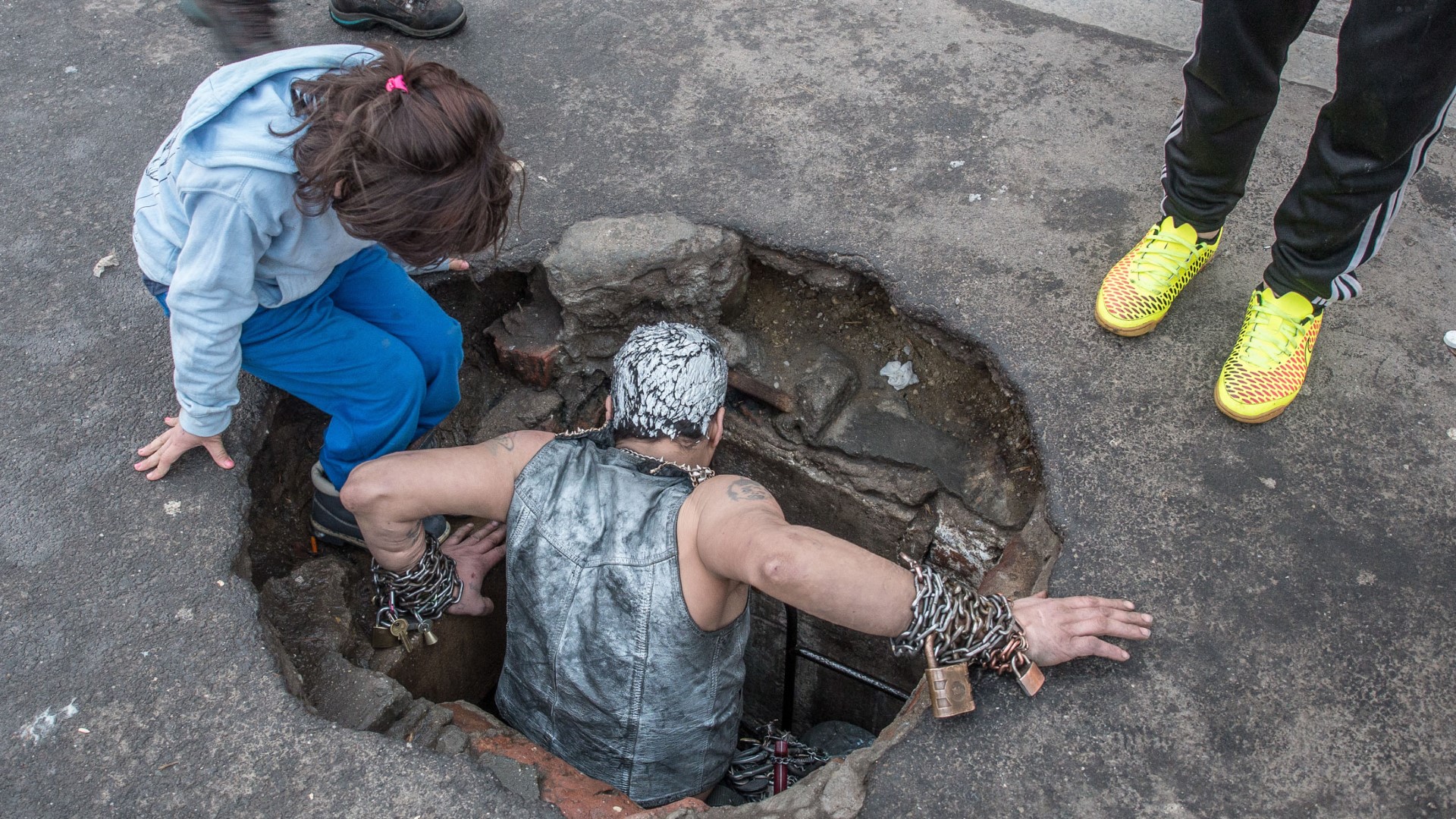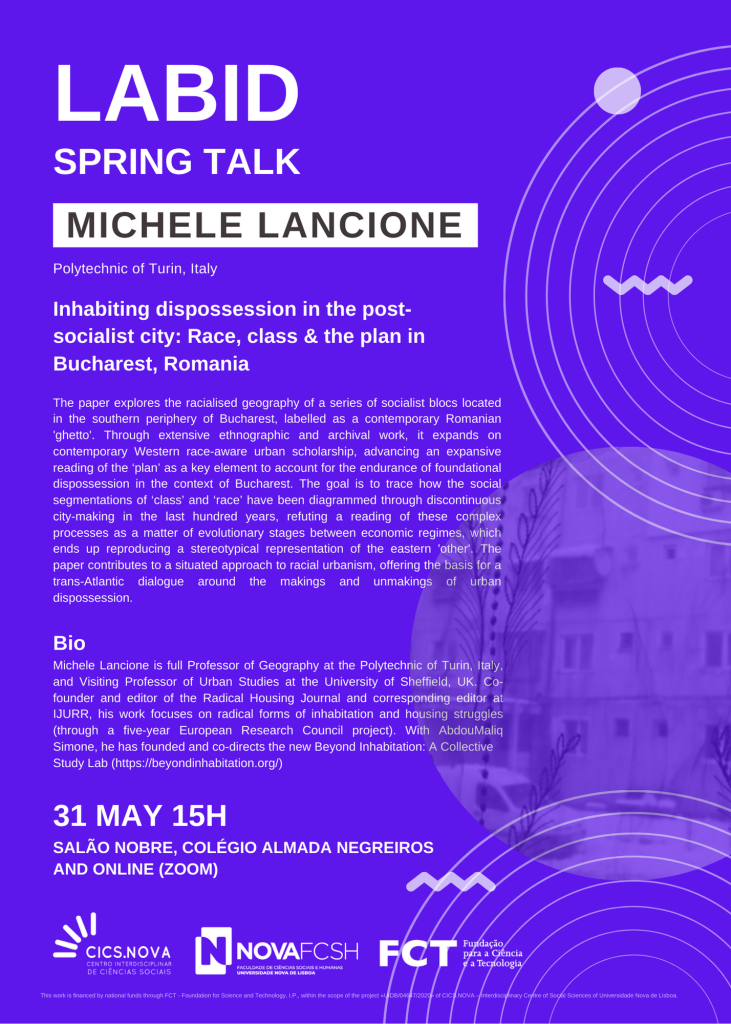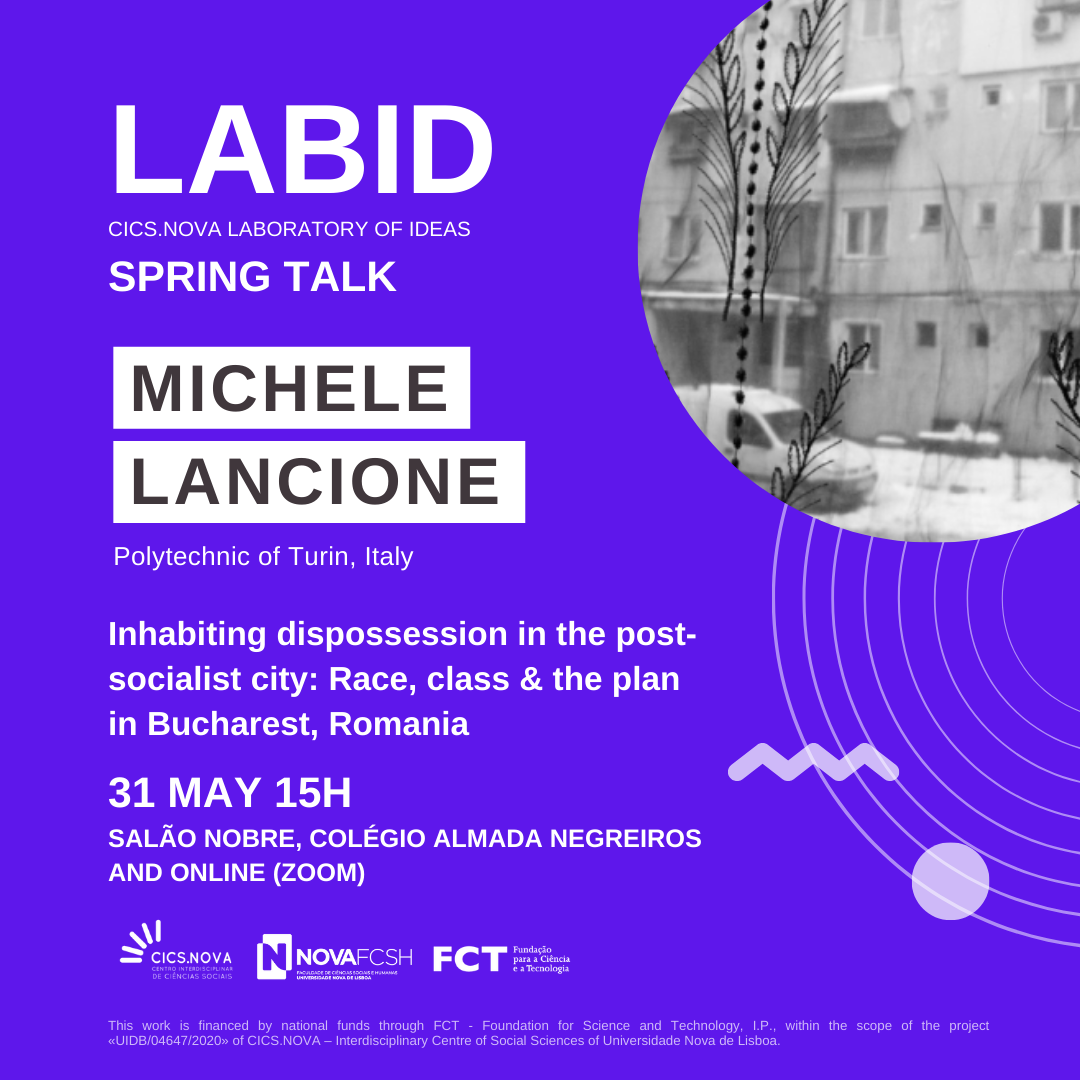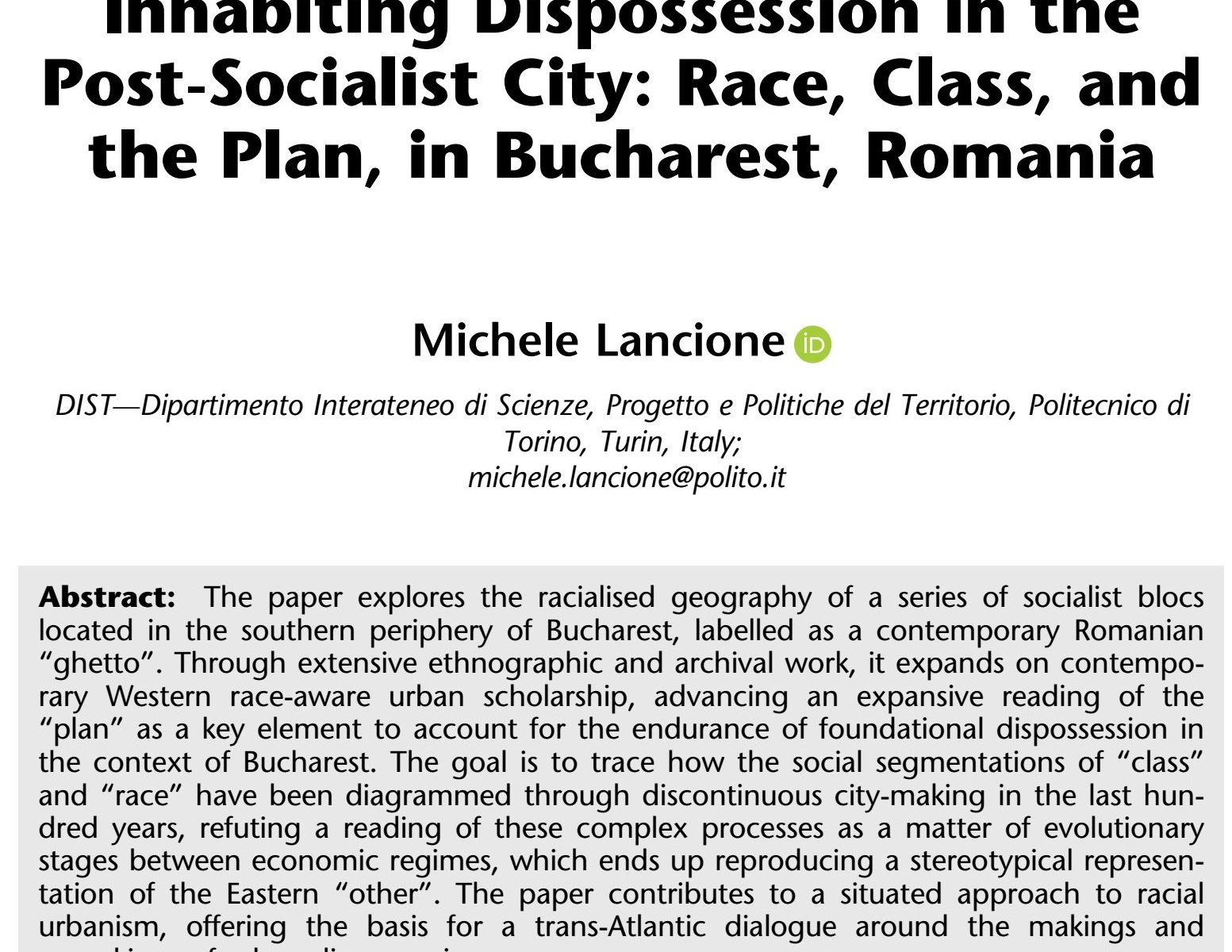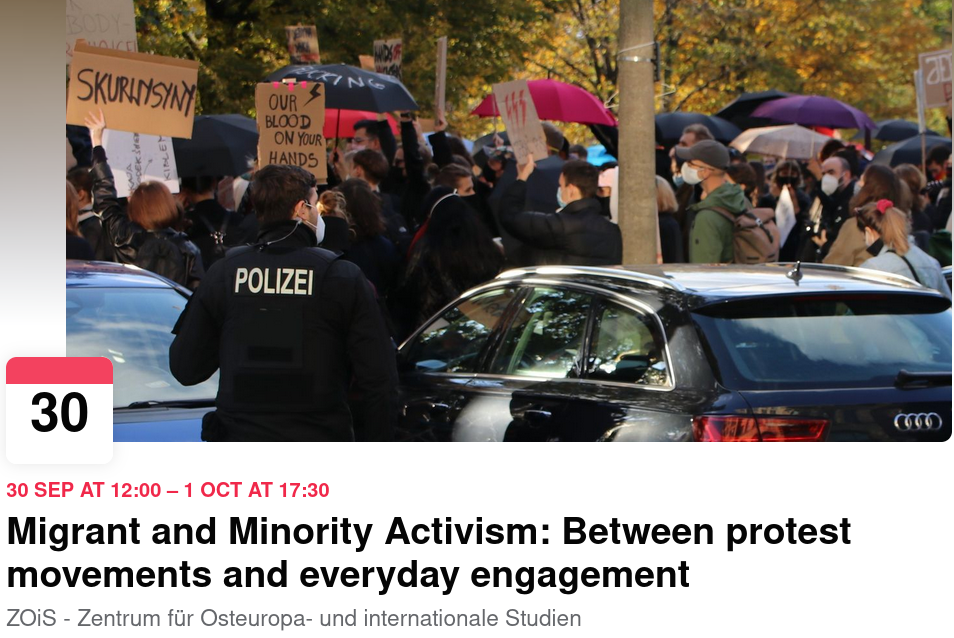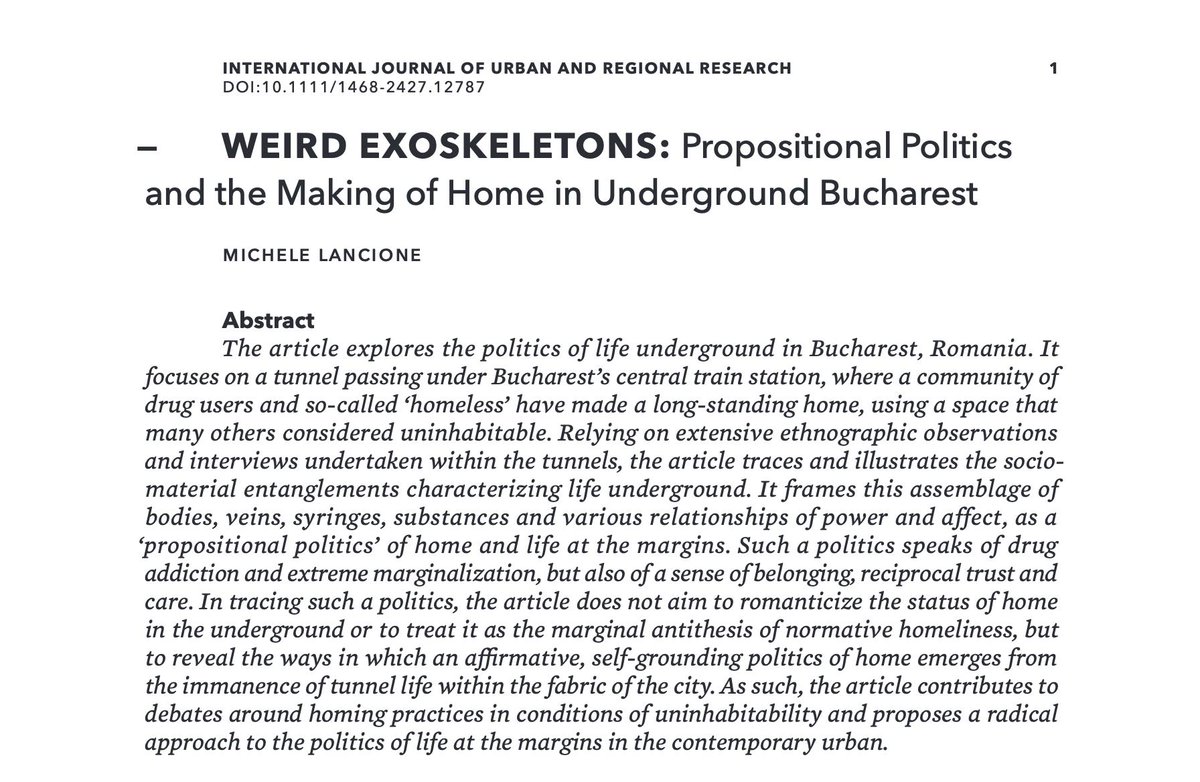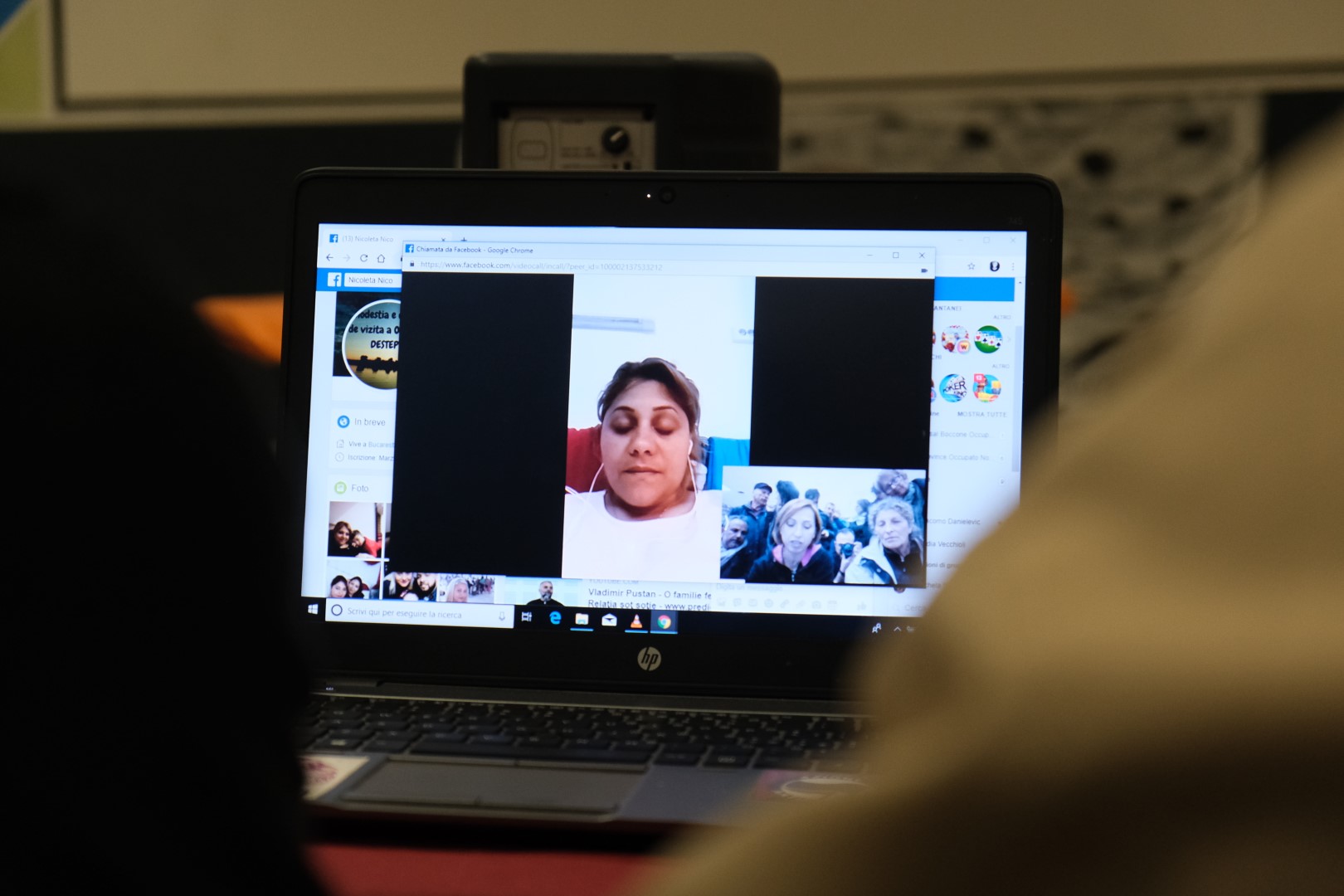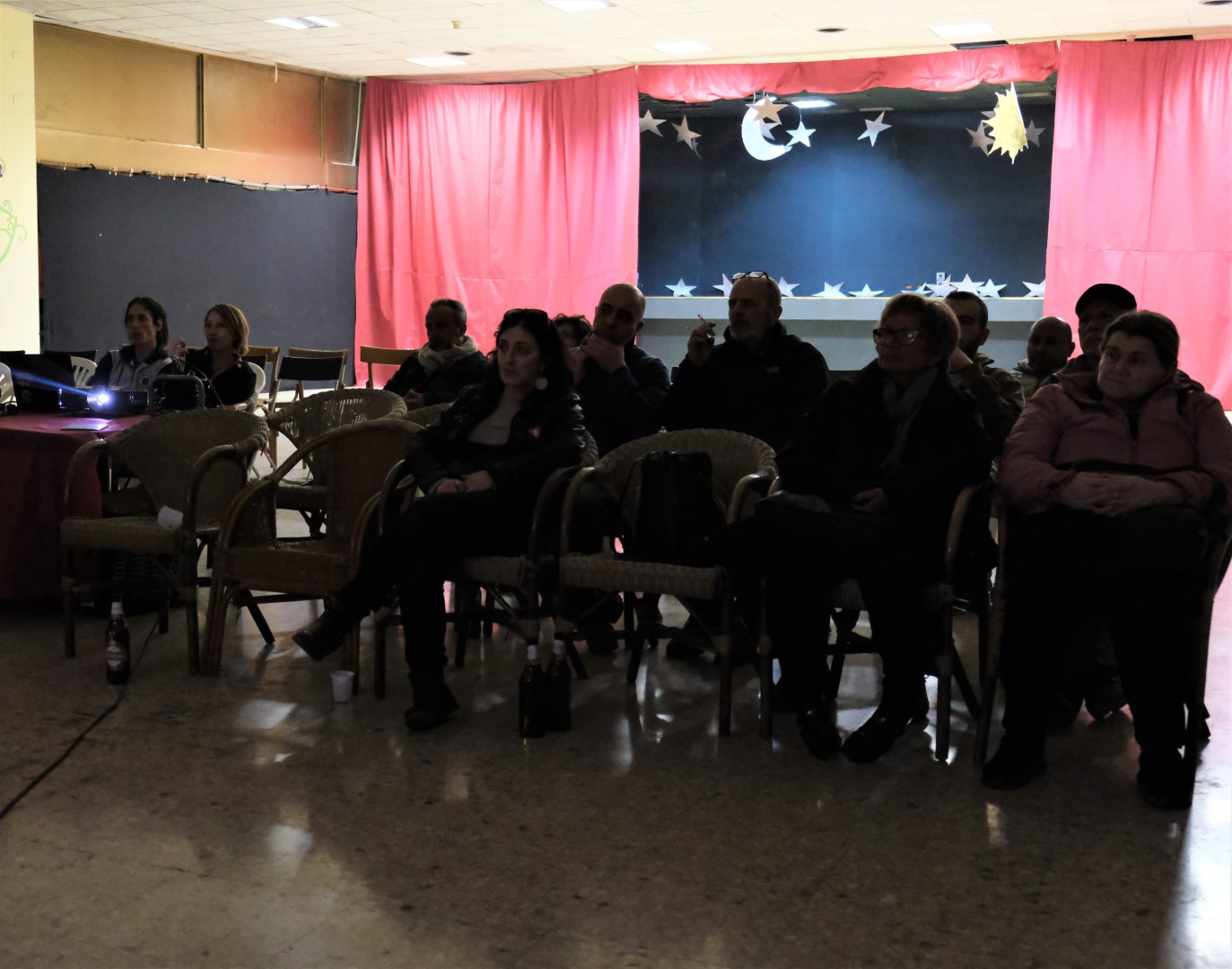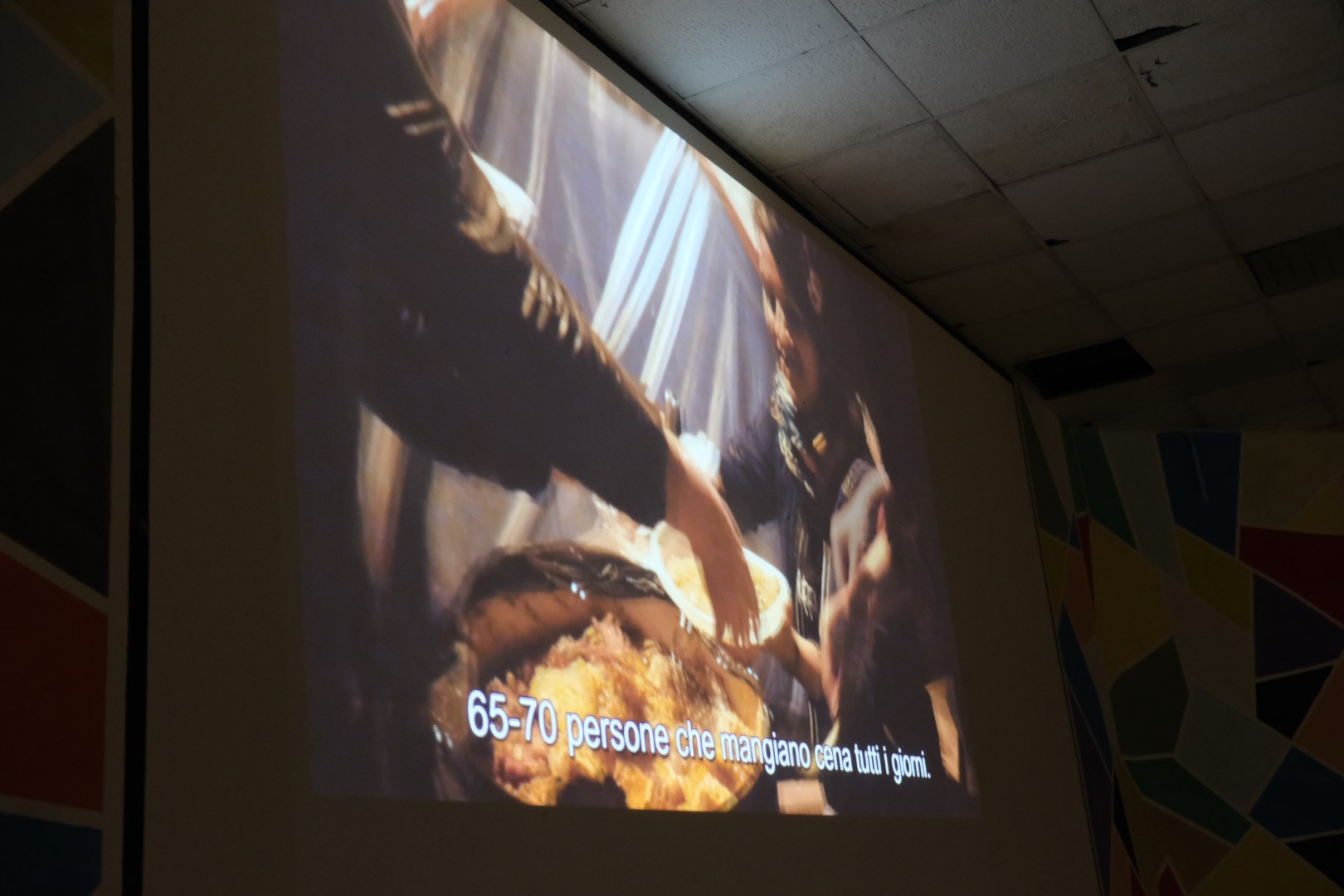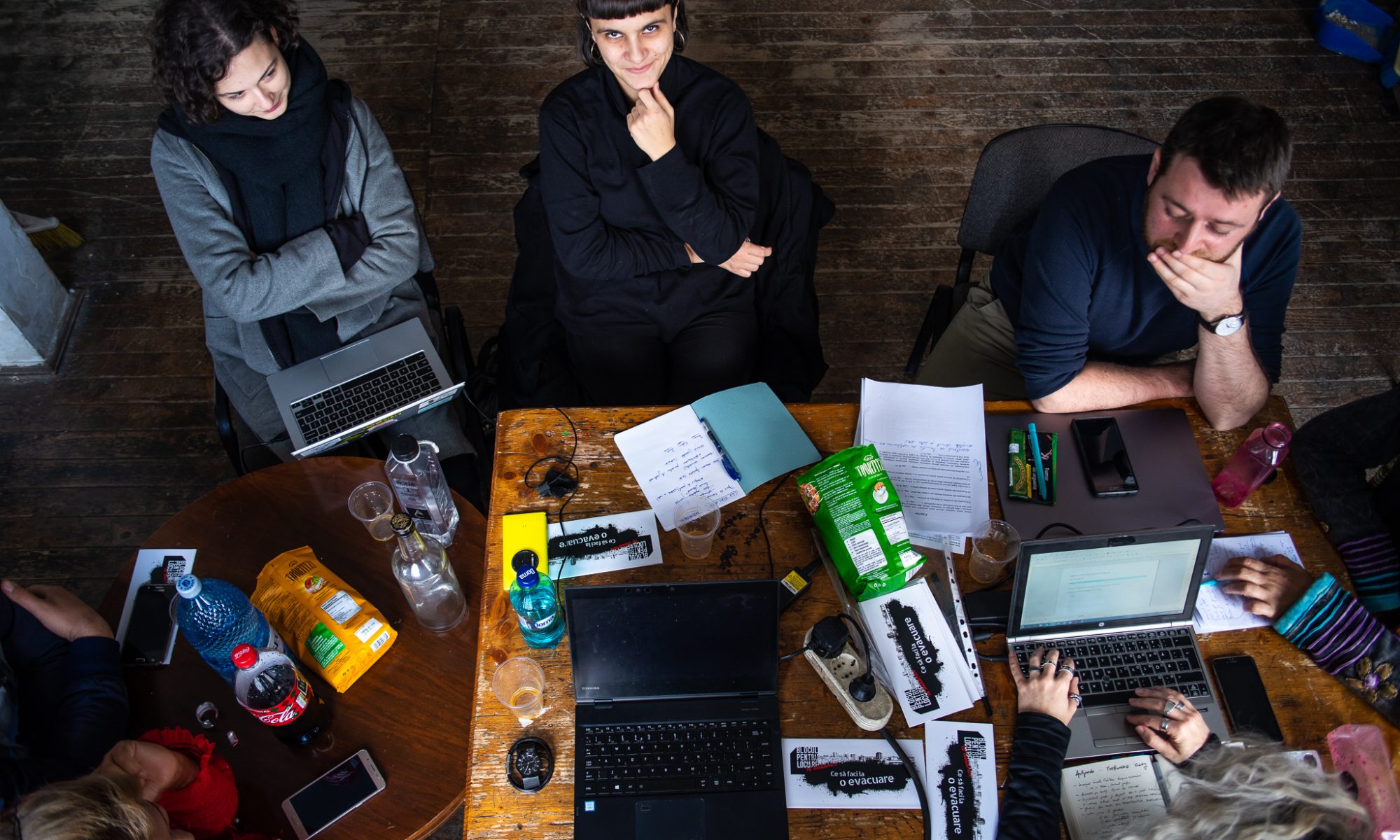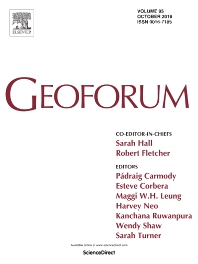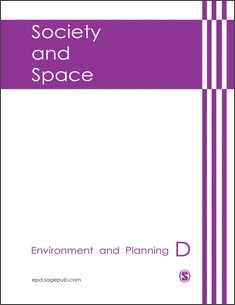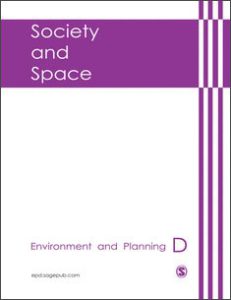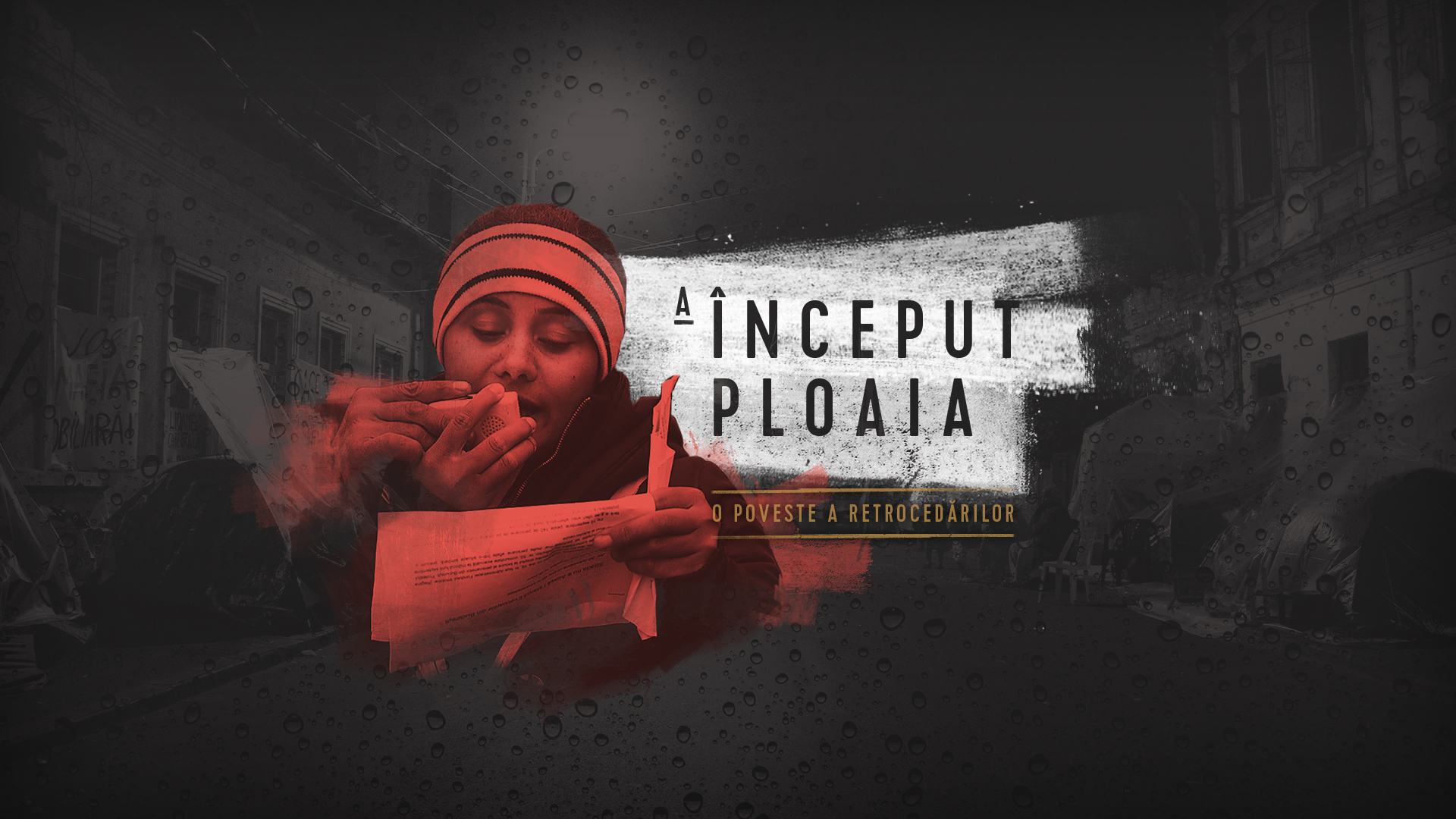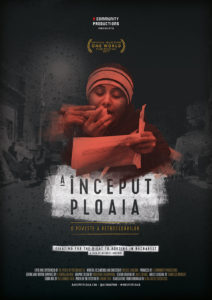In 2003 I visited Romania as an Erasmus student and I got hooked. In particular, I got hooked by the encounter that I had with a community of ‘homeless’ people living in an underground chamber close to the Grozăveşti metro station, in Bucharest. From that moment on I kept on being interested in homelessness and housing precarity, and more specifically in the politics of life at the margins. I kept returning to Bucharest in the following years, to finally find myself again in the city in 2014 – this time with the opportunity to engage with it ethnographically (thanks to the Urban Studies Foundation).
During my time there (2014-2016) I became involved with issues of eviction, race, restitution politics and resistance that brought me to become part of the Common Front for the Right to Housing (FCDL), to fight alongside the Vulturilor 50 community, to produce a documentary film, and to write around the Roma resistance and its uncanny politics (in EPD and Geoforum). That, however, was never meant to be my ‘fieldwork’. The latter took place with drug users and ‘homeless’ people mainly in two distinct places in the city, which have nothing to do with the work I undertook around evictions and resistance. These places are the Alea Livezilor in Ferentari – where I worked with the fundamental help of the NGO Carusel – and the underground tunnels passing below the main train station of the city, Gara de Nord (where I encountered the great work of Massimo Branca, and of people like Dan Popescu and Alina Dumitriu).
It took me a while to start writing about Ferentari and Gara de Nord, mainly because I decided to prioritize the political work done with FCDL in Vulturilor. Now, however, I am going back to it and I am very happy to say that my first paper on the Gara de Nord community is now out in IJURR. This is just the first step of a work that aim to cast a different light on what was going on within that tunnel, before the violent sensationalistic ‘poverty-porn’ of international media lead to its foreclosure.
IJURR has been incredibly supportive, as have been a number of people that I thank in the acknowledgement section of this paper (including Maliq Simone for the inspiring scholarship and friendship, Irina Georgescu, Zamfi Irina and Charlotte Kuhlbrandt for their support in Bucharest, Eleonora Leo Mignoli for the unconditional love). One extra thank to IJURR for making it completely open-source – the paper can be freely downloaded here:
http://www.ijurr.org/article/weird-exoskeletons-propositional-politics-and-the-making-of-home-in-underground-bucharest/
